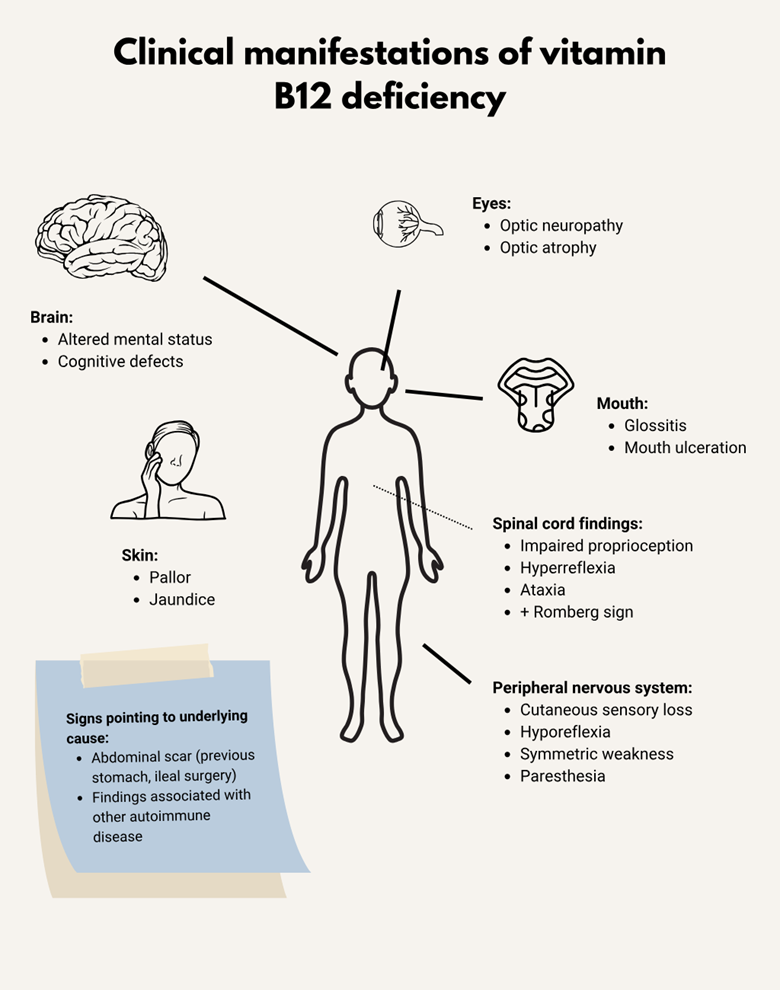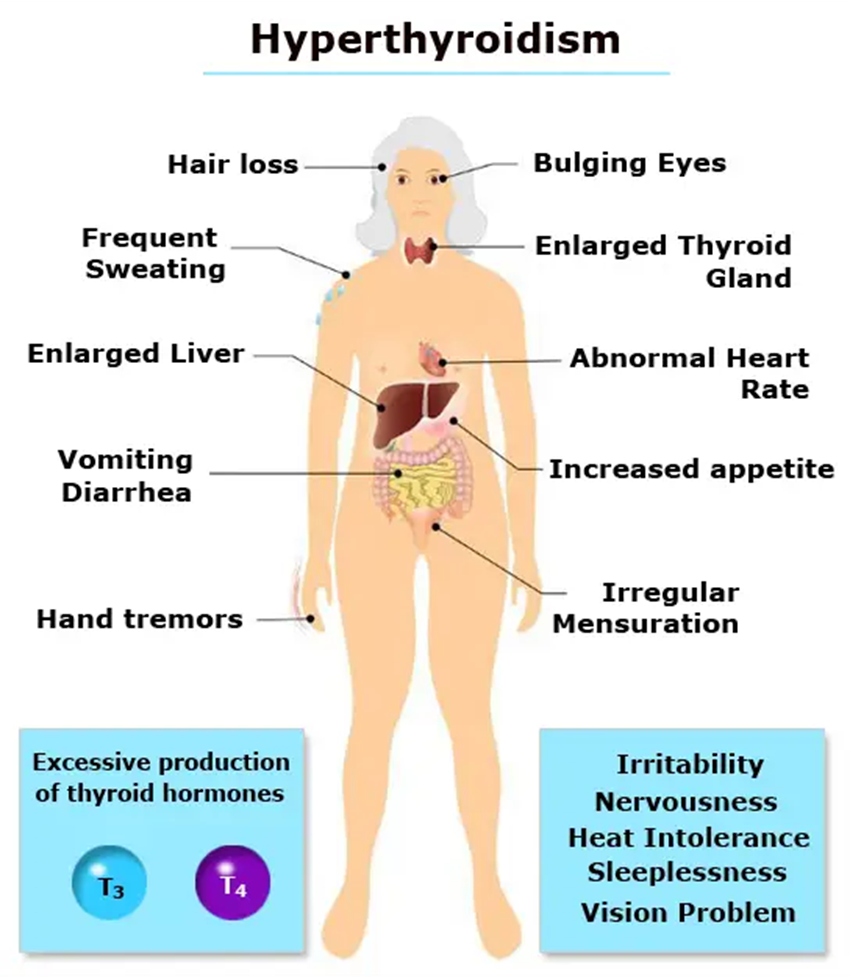A client with a history of Addison's disease and flu-like symptoms accompanied by nausea and vomiting over the past week is brought to the facility. His wife reports that he acted confused and was extremely weak when he awoke that morning. The client's blood pressure is 90/58 mm Hg, his pulse is 116 beats/minute, and his temperature is 101° F (38.3° C). A diagnosis of acute adrenal insufficiency is made. What should the nurse expect to administer by I.V. infusion?
Methylprednisolone (Solu-medrol)
Hypotonic saline
Potassium (K-dur)
Regular Insulin
The Correct Answer is A
A. Methylprednisolone (Solu-medrol):
Explanation: Acute adrenal insufficiency is a life-threatening condition characterized by a sudden deficiency of adrenal hormones. In this situation, intravenous glucocorticoids such as methylprednisolone are administered to replace the deficient hormones and stabilize the patient. This is the appropriate intervention to address the acute adrenal crisis.
B. Hypotonic saline:
Explanation: Hypotonic saline is not the first-line treatment for acute adrenal insufficiency. The priority is to replace glucocorticoids to address the adrenal hormone deficiency.
C. Potassium (K-dur):
Explanation: While electrolyte imbalances can occur in adrenal insufficiency, potassium replacement alone does not address the primary issue of glucocorticoid deficiency in acute adrenal insufficiency.
D. Regular Insulin:
Explanation: Regular insulin is not the primary treatment for acute adrenal insufficiency. Glucocorticoid replacement, such as methylprednisolone, is the key intervention.
Nursing Test Bank
Naxlex Comprehensive Predictor Exams
Related Questions
Correct Answer is C
Explanation
A. Vitamin A Deficiency:
Symptoms: Enlarged tongue and smooth, beefy red appearance.
Relevance: Vitamin A deficiency is not typically associated with an enlarged tongue. It is more commonly linked to night blindness and skin issues.
B. Folic Acid Deficiency:
Symptoms: Enlarged tongue and smooth, beefy red appearance.
Relevance: Folic acid deficiency can lead to megaloblastic anemia and glossitis (inflammation of the tongue), which may present as an enlarged, smooth, and red tongue.
C. Vitamin B12 Deficiency:
Symptoms: Enlarged tongue and smooth, beefy red appearance.
Relevance: Vitamin B12 deficiency can cause pernicious anemia and glossitis, resulting in an enlarged, smooth, and red tongue.
D. Vitamin C Deficiency:
Symptoms: Not typically associated with an enlarged tongue.
Relevance: Vitamin C deficiency is more commonly associated with symptoms like scurvy, which includes bleeding gums, joint pain, and skin issues, but not specifically an enlarged tongue.

Correct Answer is A
Explanation
A. Frequent mood changes:
This is correct. Hyperthyroidism is associated with increased levels of thyroid hormones, which can affect the nervous system and lead to mood changes, including irritability and anxiety.
B. Weight gain of 11 lbs in 3 weeks:
Weight loss is more characteristic of hyperthyroidism due to increased metabolism. Rapid weight gain is not typical.
C. Sensitivity to cold:
Sensitivity to cold is more characteristic of hypothyroidism, where there is a deficiency of thyroid hormones.
D. Constipation:
Constipation is more commonly associated with hypothyroidism, where there is a slowing of the digestive system.

Whether you are a student looking to ace your exams or a practicing nurse seeking to enhance your expertise , our nursing education contents will empower you with the confidence and competence to make a difference in the lives of patients and become a respected leader in the healthcare field.
Visit Naxlex, invest in your future and unlock endless possibilities with our unparalleled nursing education contents today
Report Wrong Answer on the Current Question
Do you disagree with the answer? If yes, what is your expected answer? Explain.
Kindly be descriptive with the issue you are facing.
